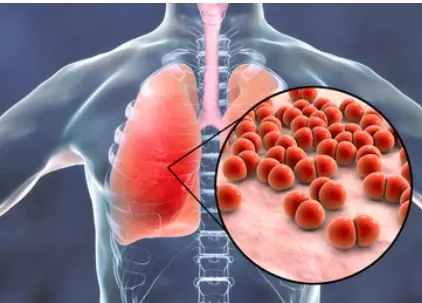 Welcome
Welcome
“May all be happy, may all be healed, may all be at peace and may no one ever suffer."
Hypomagnesemia - Generics
Hypomagnesemia is a medical condition characterized by low levels of magnesium in the blood. Magnesium is an essential mineral that is involved in many physiological processes in the body, including muscle and nerve function, heart rhythm regulation, and bone health.
Hypomagnesemia can be caused by a variety of factors, including poor dietary intake, certain medications, alcoholism, kidney disease, and other medical conditions that affect magnesium absorption or excretion. Symptoms of hypomagnesemia can range from mild to severe and may include muscle cramps, weakness, tremors, nausea and vomiting, irregular heartbeat, seizures, and changes in mental status.
Treatment for hypomagnesemia involves increasing magnesium intake through diet or supplements. In severe cases, magnesium may need to be administered intravenously. Treatment may also involve addressing any underlying medical conditions that may be contributing to low magnesium levels.
If left untreated, hypomagnesemia can lead to complications such as muscle weakness, arrhythmias, seizures, and in severe cases, respiratory or cardiac arrest. Therefore, it is important to seek medical attention if you suspect you may have hypomagnesemia or if you experience any of the symptoms associated with low magnesium levels.

Vernal keratoconjunctivit...

Rheumatism Strains

Eczematoid dermatitis

Chronic asthma

Genital herpes

Cervicitis and salpingiti...

Female infertility

Pseudohypoparathyroidism
Hypomagnesemia, হাইপোমাগনেসেমিয়া
To be happy, beautiful, healthy, wealthy, hale and long-lived stay with DM3S.